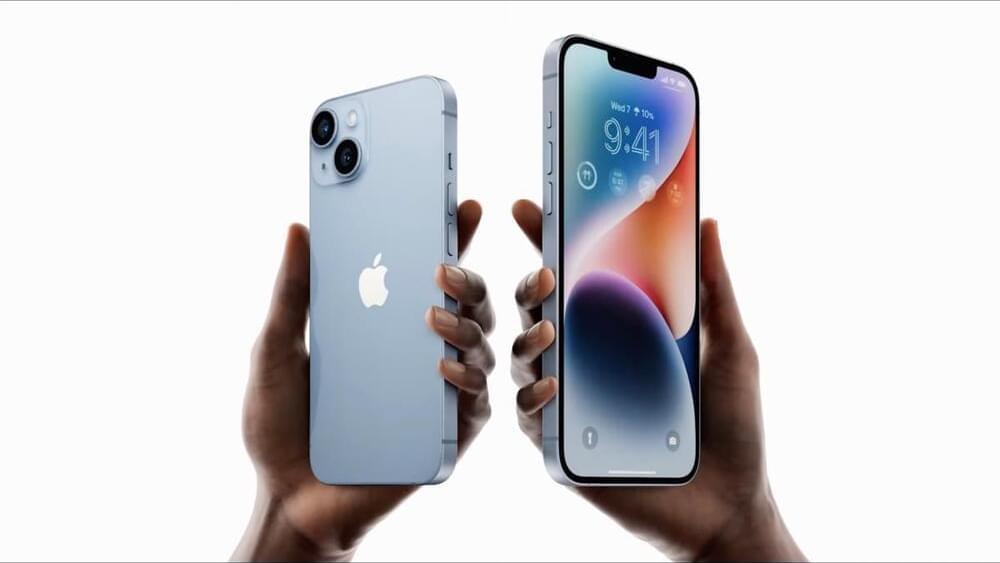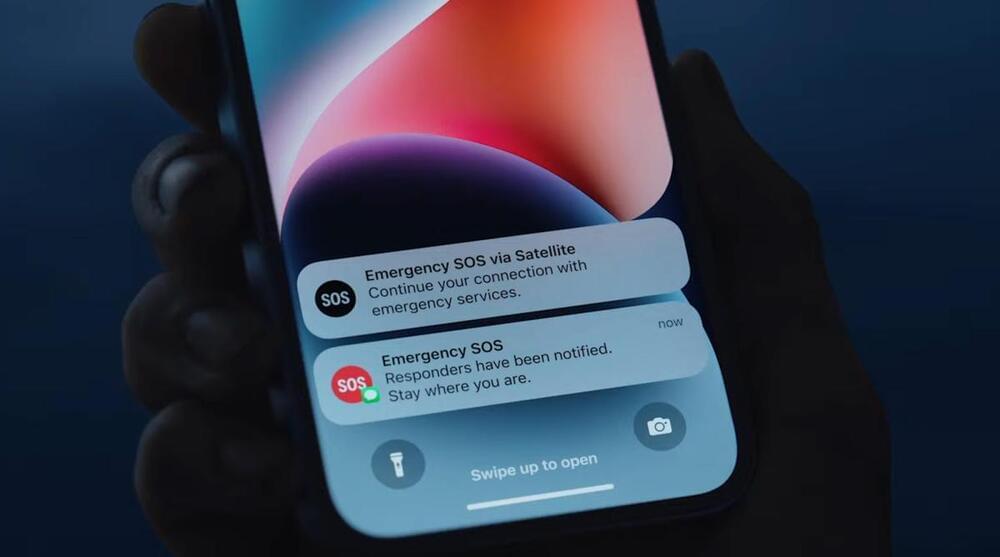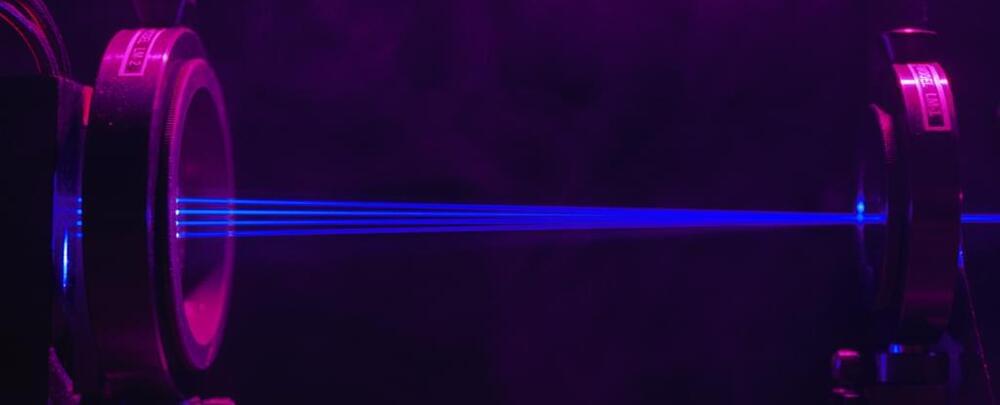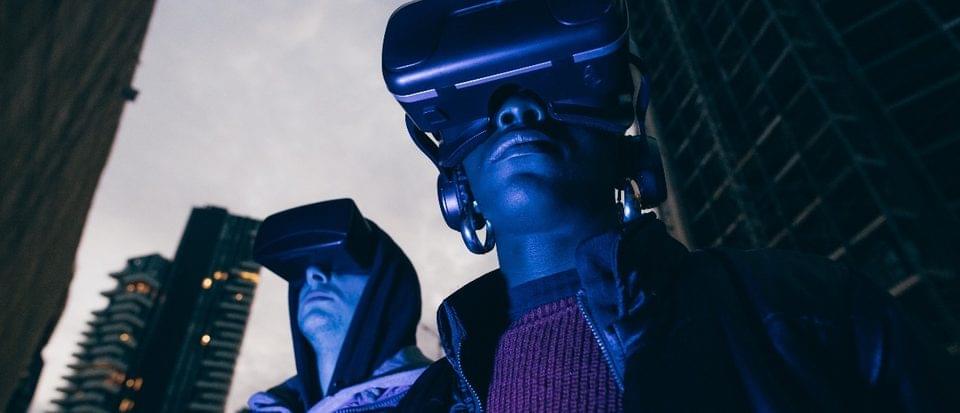Sep 7, 2022
The iPhone 14 ditches physical SIM cards for eSIM
Posted by Gemechu Taye in category: mobile phones
Apple’s new iPhones — the iPhone 14 and iPhone 14 Plus — won’t have physical SIM cards. The company announced the nugget at its event in Cupertino today, revealing that eSIM will be the only way the iPhone 14 series authenticates with wireless carriers — at least in the U.S.
ESIM lets you change a wireless carrier, data or service plan through software rather than having to swap a physical SIM card. It’s hardly a new technology, but it’s only within the last few years that eSIM has become more common on mainstream mobile devices.
Apple said that major carriers including T-Mobile, Verizon and AT&T will provide resources to assist with eSIM-related questions, service upgrades and changes.

















